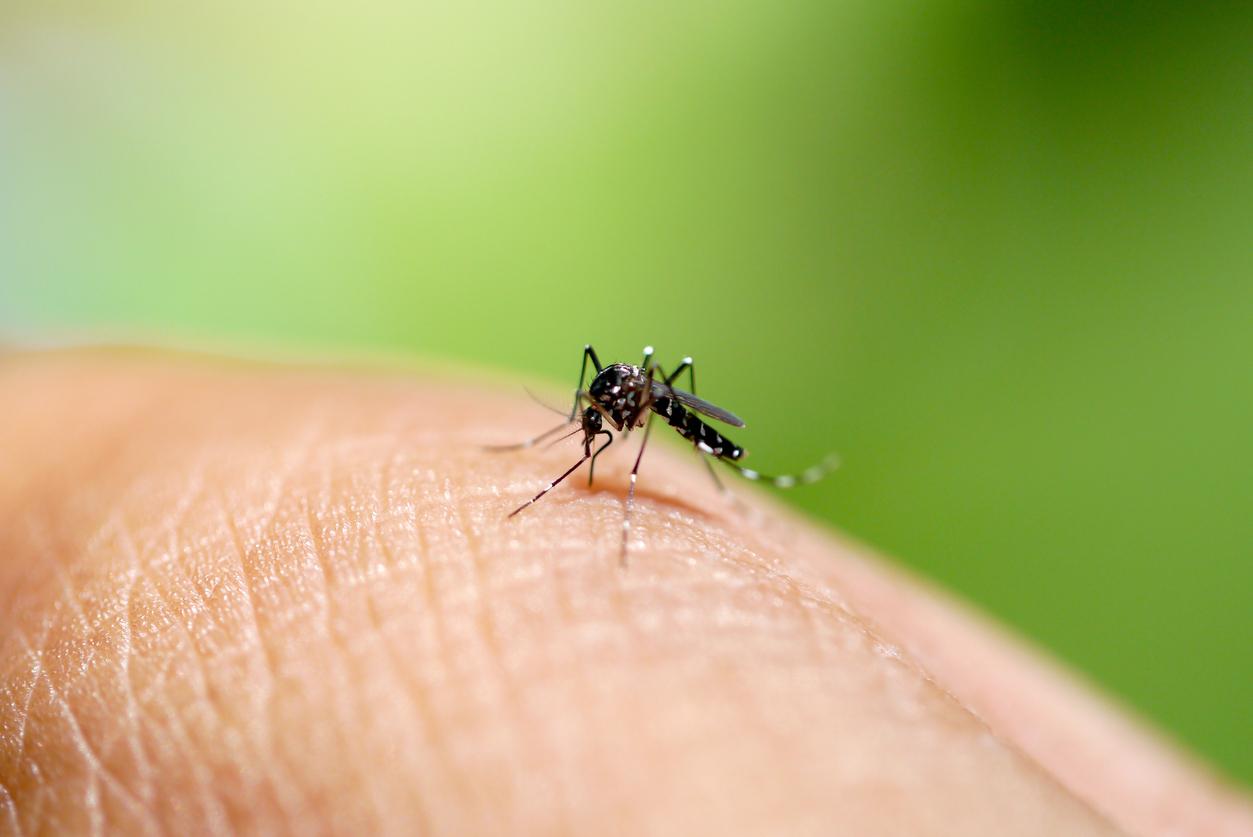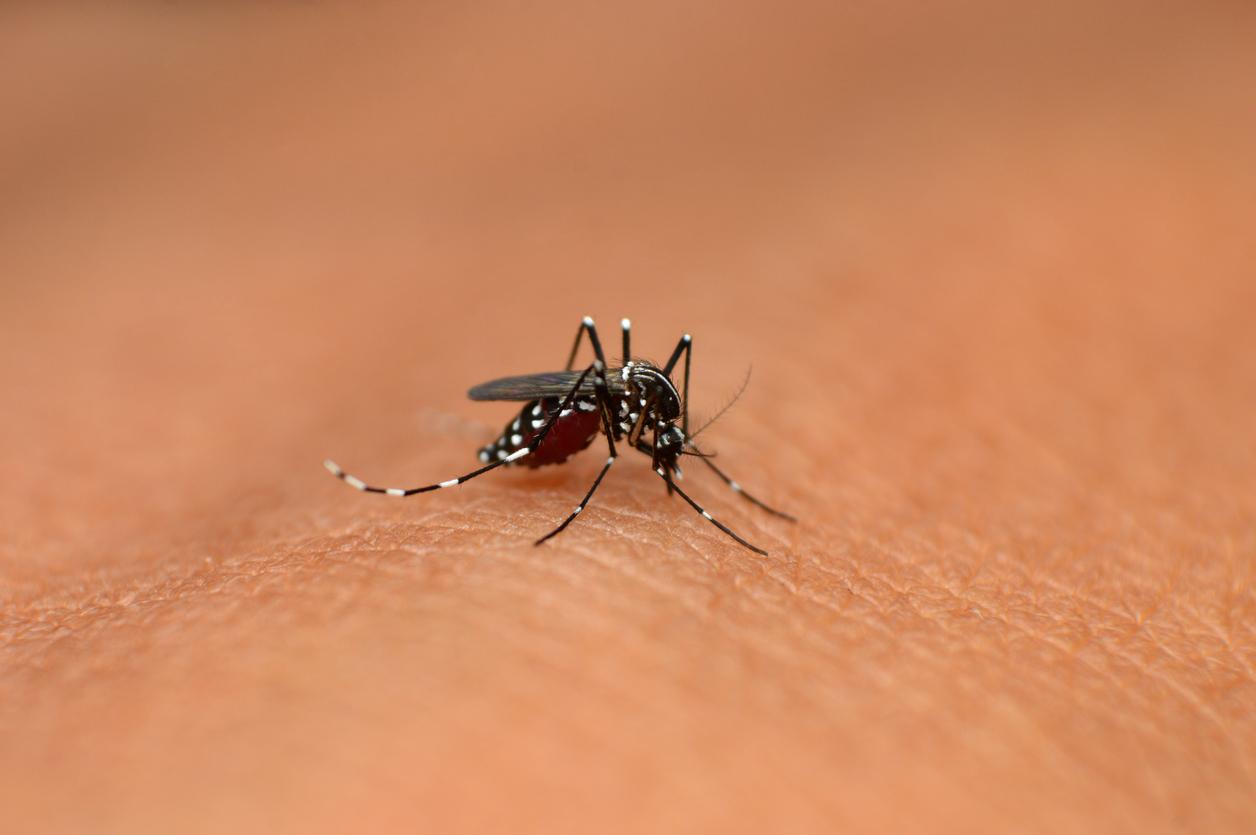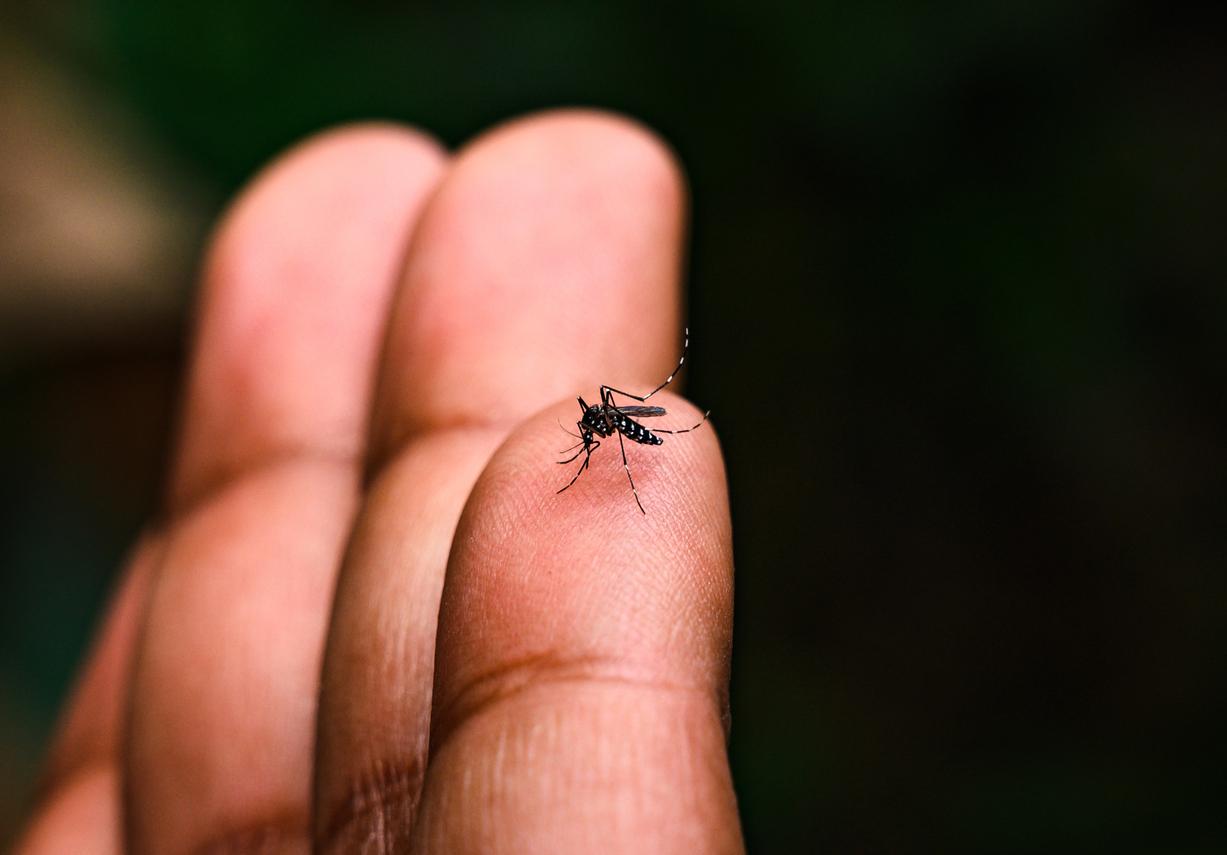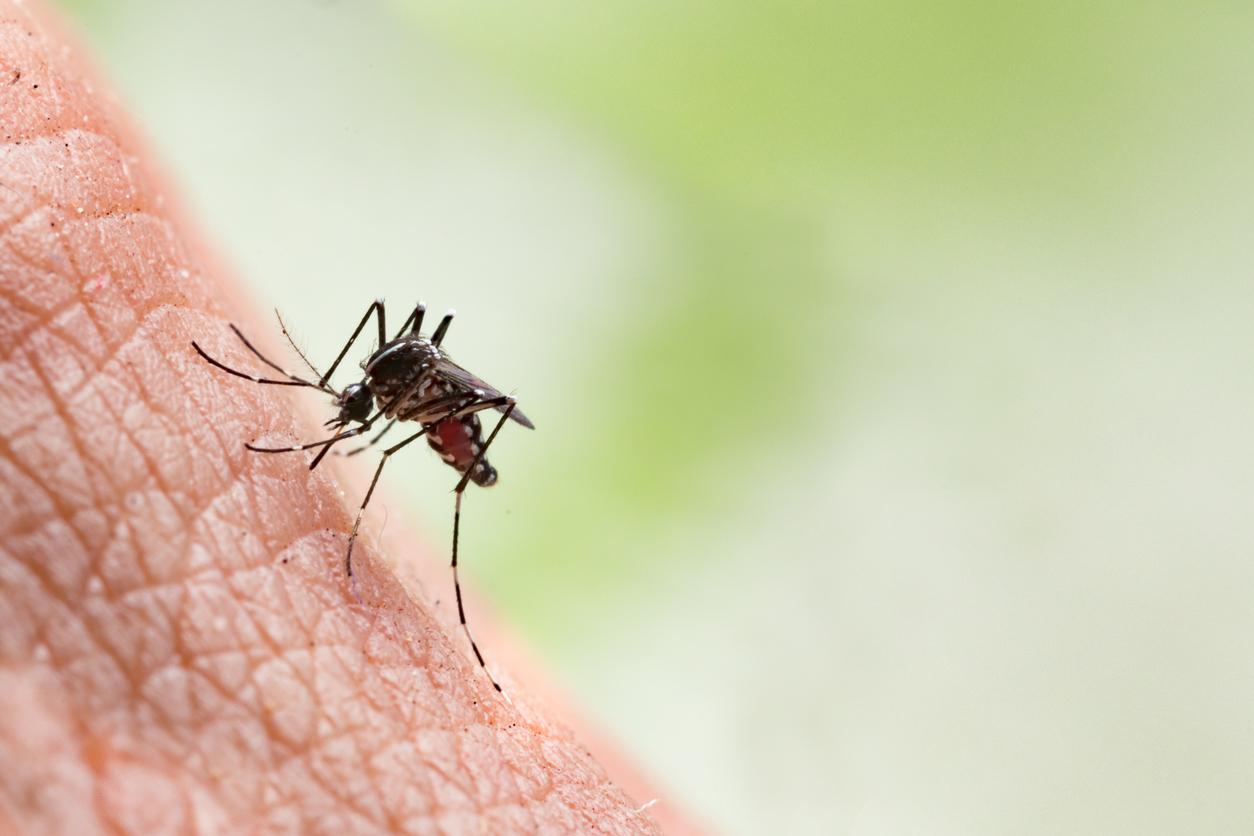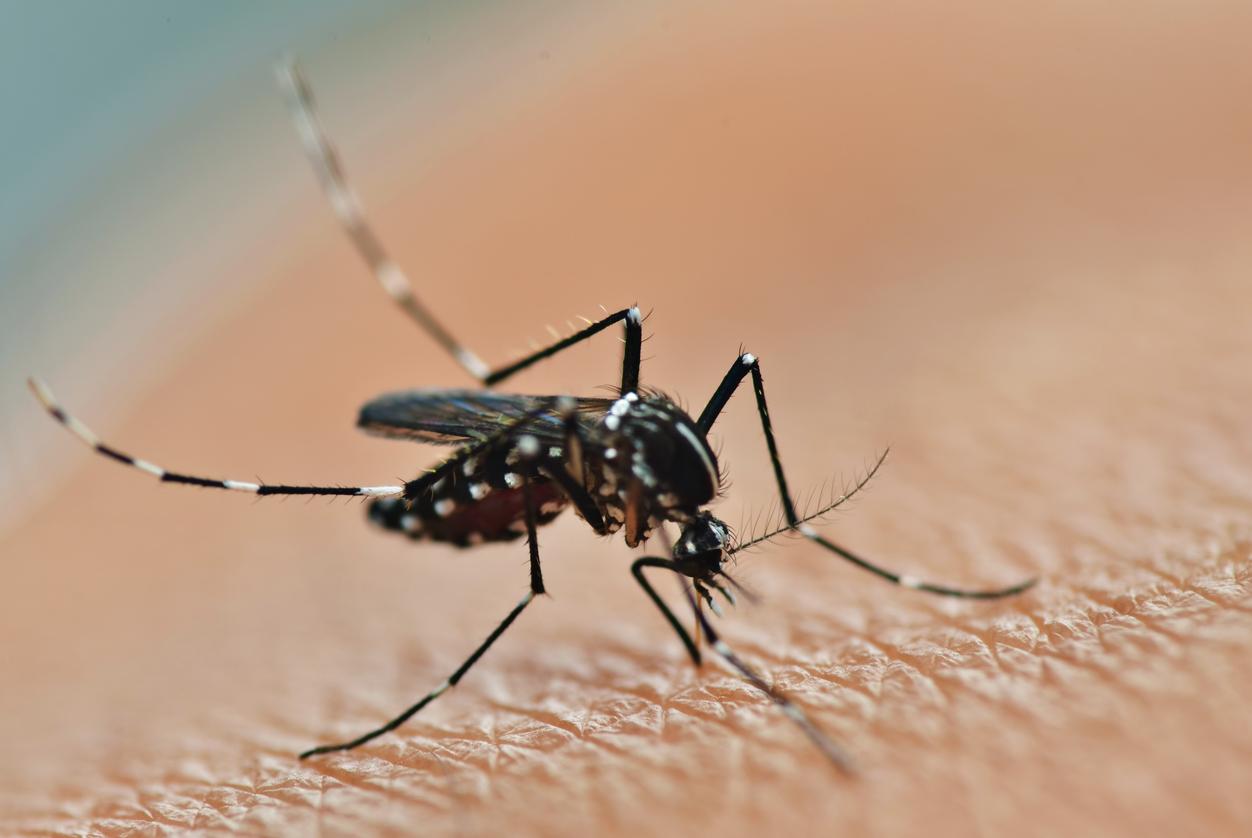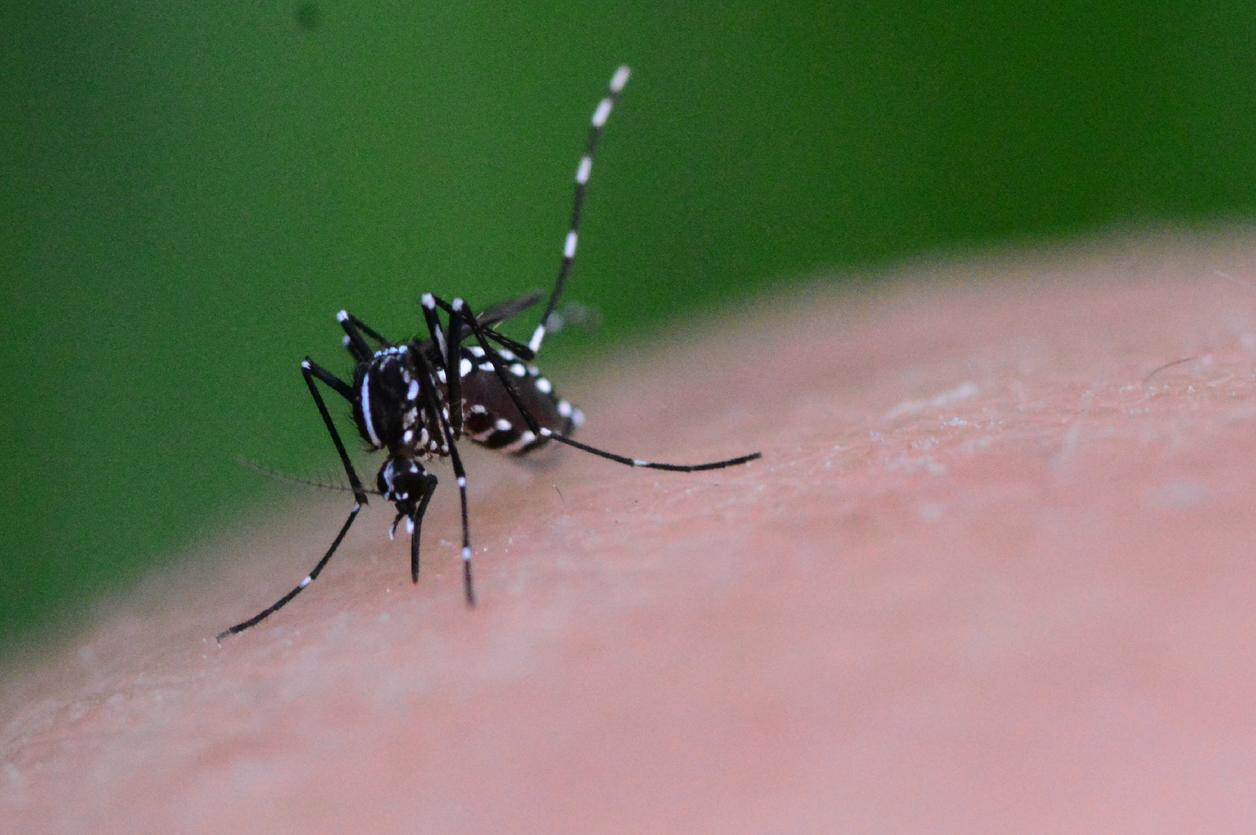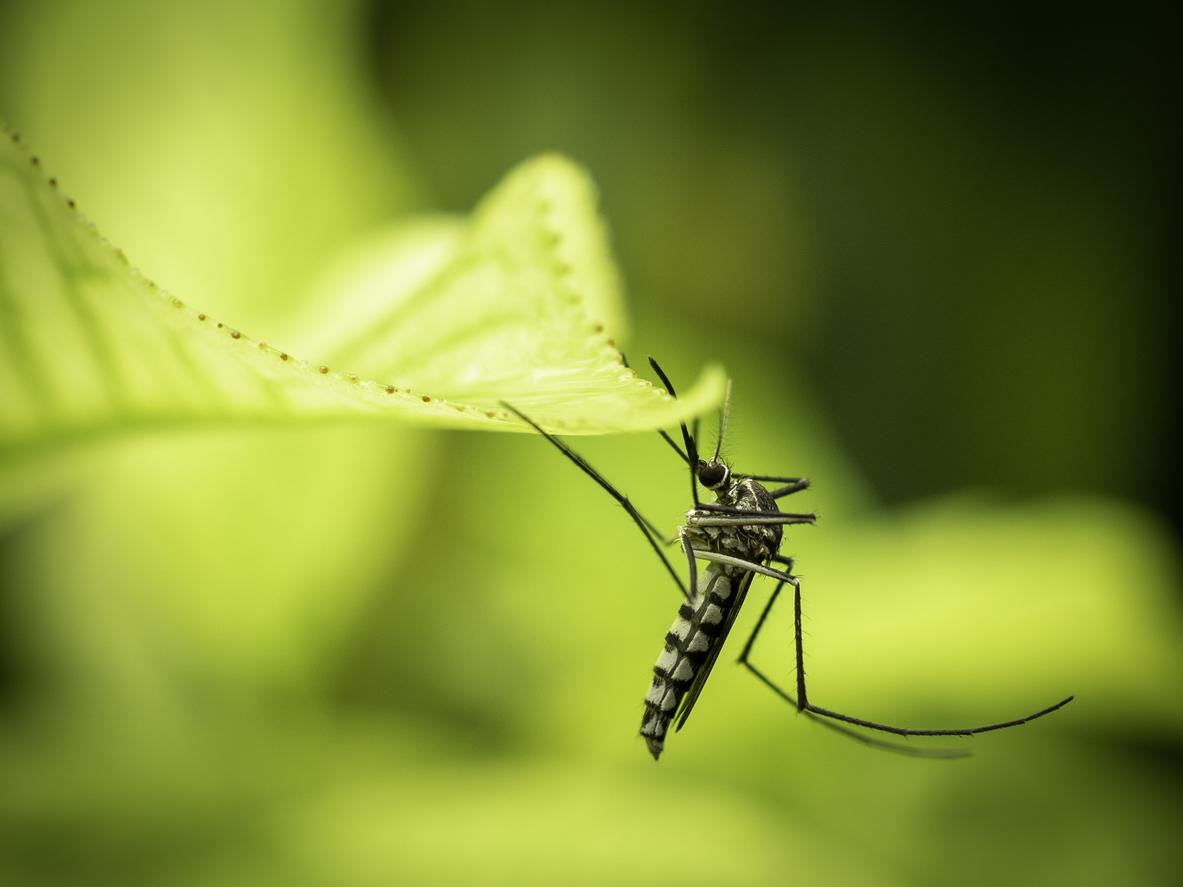Mosquitoes are still as numerous in the Southeast but, as a direct consequence of the confinement which has stopped the movement of people from southern countries, the risk of contracting a tropical disease is lower.
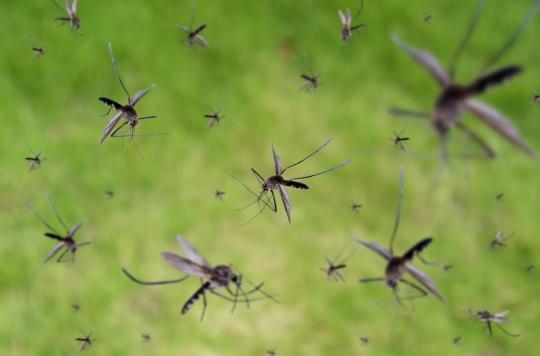
- There are between 8 and 12 times fewer imported cases compared to last year.
- In the Indian Ocean and the Caribbean, there is a strong circulation of the dengue virus.
- The cessation of travel from the DOM-TOM explains the drop in the number of tropical diseases in the Southeast.
This is one of the positive effects of confinement: the risk of contracting a tropical disease from mosquitoes is falling very sharply in the Southeast. The reason is not the decrease in the presence of mosquitoes which are at least as numerous as usual. We must rather look at the side of the temporary cessation of travel which led to a halt in the importation of these diseases. “We observe a fairly strong decrease in the number of contaminationspoints to 20 minutes Grégory L’Ambert, medical entomologist at the Interdepartmental Mosquito Control Agreement (EID), based in Montpellier. Over a month, we have 8 to 12 times fewer imported cases, that is to say travelers who return carrying the disease, compared to last year.”
As many tiger mosquitoes as usual
These tropical diseases remain active in other parts of the world. “Currently, there is a high circulation of dengue virus in the Indian Ocean and the Caribbean.notes Grégory L’Ambert. It is not known whether the risk will remain low throughout the year.” In Mayotte, in particular, the dengue fever epidemic is hitting residents hard, who suffer the double penalty since they are also affected by the coronavirus.
Although the risk of catching one of these tropical diseases is low, caution is still advised. The EID stands ready to decontaminate the areas where cases are observed in order to avoid indigenous cases where patients are contaminated by a mosquito on the territory which would have bitten a patient returning from a trip. “Unfortunately there are as many tiger mosquitoes as usuallaments Grégory L’Ambert. We have high temperatures which accelerate their development, so we will have to be very careful in the coming weeks..”
.









